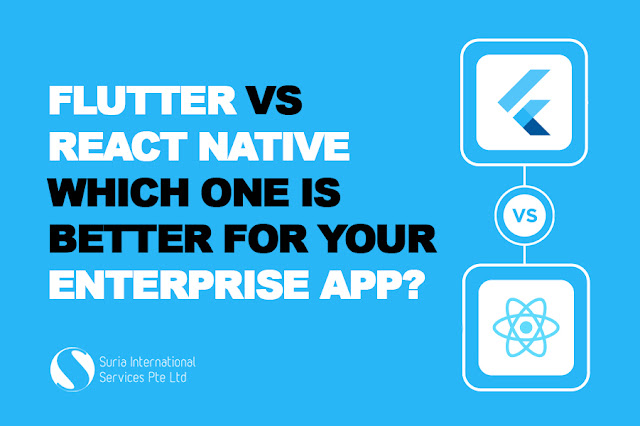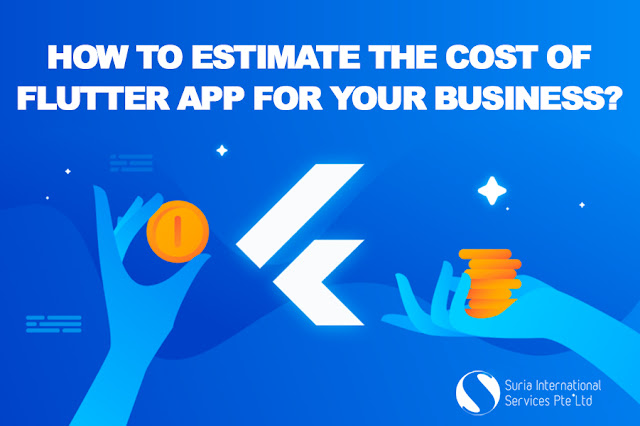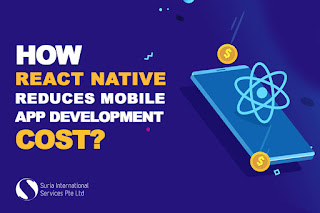How to convert your Native Android & iOS app to React Native?

React Native, an open-source platform built and maintained by Facebook, has started getting traction since its release in February 2015. Today, React Native developers use this platform for developing cross-platform apps by writing native code in Java or Objective-C. Higher scalability and less complexity of this framework attract many developers to building React Native apps. What’s more, a thriving React Native community keeps on improving this platform. Let’s give the topic a little twist. How about adding native app development in our discussion? Though React Native has gained a lot of popularity worldwide, many mobile app development companies still consider that native apps can be the right way to start. Considering both these aspects, employers can opt for either native or cross-platform apps by following a systematic approach for mobile application development. Here are the steps they can follow- Define business goals and target audience Make a list of nece...




